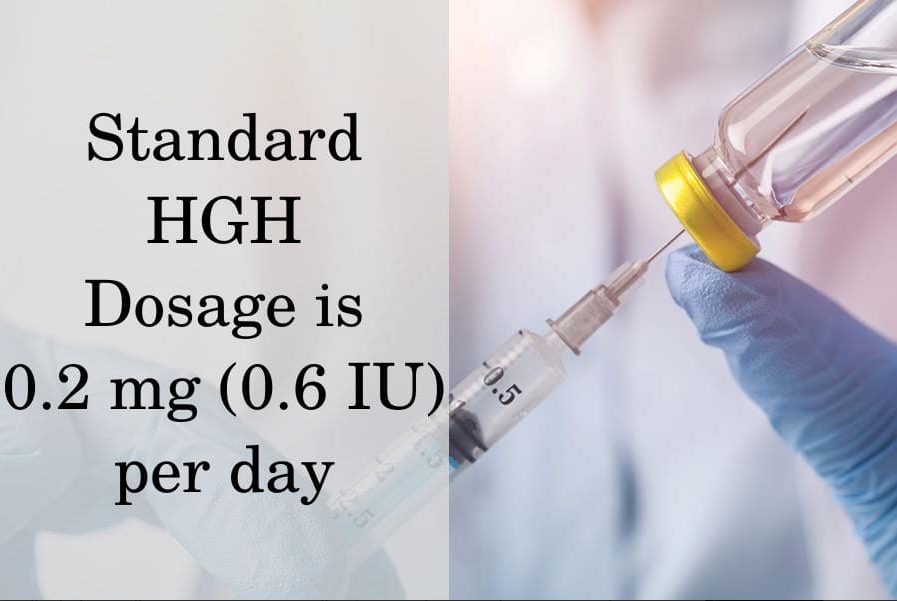The Importance of Monitoring Stress Hormones and Where to Buy a Blood Test

Monitoring stress hormones can provide valuable insights into an individual’s overall health and well-being. Stress hormones, such as cortisol, play a crucial role in the body’s “fight or flight” response to stressors. While this response is essential for survival, chronic or excessive stress can lead to a range of health issues, including anxiety, depression, sleep disturbances, weight gain, and cardiovascular problems. Here’s why monitoring stress hormones is important:
Early Detection of Chronic Stress: Chronic stress can go unnoticed, but elevated levels of stress hormones can indicate ongoing stress that might be affecting physical and mental health. Regular monitoring can help detect and address stress-related issues early on.
Customized Stress Management: Tracking stress hormone levels can help individuals and healthcare professionals tailor stress management strategies that are effective for the individual’s unique needs.
Health Conditions: Chronic stress has been linked to various health conditions, such as hypertension, diabetes, and immune system dysfunction. Monitoring stress hormones can provide a window into these potential health risks.
Performance Optimization: Stress can impact cognitive function and overall performance. Athletes, professionals, and students might benefit from understanding how stress hormones affect their performance.
To buy a blood test for monitoring stress hormones, you typically need to consult with a healthcare provider. Here’s a general process to follow:
Consult a Healthcare Provider: Start by discussing your interest in monitoring stress hormones with a healthcare provider. This could be a primary care physician, endocrinologist, or other relevant specialist.
Discuss Testing Options: Your healthcare provider can recommend the appropriate stress hormone tests based on your needs. Common stress hormone tests include cortisol tests (measuring cortisol levels in the blood, saliva, or urine) and sometimes tests for other hormones like adrenaline and noradrenaline.
Prescription and Testing: If your healthcare provider determines that testing is appropriate, they will provide you with a prescription or order for the specific tests. They might give you a referral to a laboratory for the testing process.
Visit a Laboratory: You’ll need to visit a medical laboratory to provide a blood, saliva, or urine sample for testing. The laboratory will process the sample and provide the results to your healthcare provider.
Interpreting Results: Once the results are available, your healthcare provider will explain what the findings mean in the context of your health and well-being.
It’s important to note that stress hormone levels can vary throughout the day and in response to various factors. Therefore, the interpretation of results should be done by a qualified healthcare professional who can consider your individual situation.
Remember, self-diagnosis and self-treatment based solely on hormone tests can be risky. Always consult a medical professional for proper guidance and interpretation of the results.




